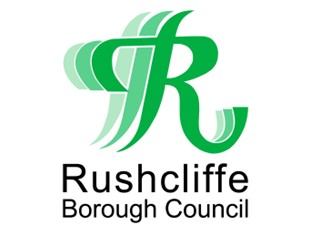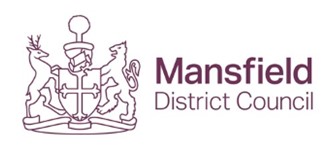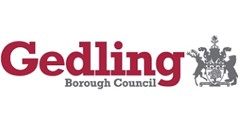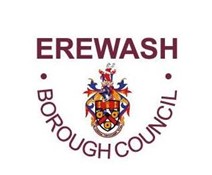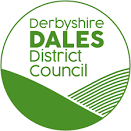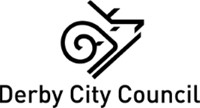Companies will often use the rather lofty sounding term of ‘corporate social responsibility’.
It actually translates, more simply, as companies choosing to make a difference.
We hear a lot in the news about the ‘hard edges’ of the business world – its sharp economic up and downturns, and tales of even sharper corporate elbows – and far less about its softer side.
Reading classes in schools, community centres in need of decorating or charitable organisations requiring people’s professional expertise will often find themselves benefiting from firms’ skills, free of charge. Board members from my organisation – the D2N2 Local Enterprise Partnership – will put their weight and contacts behind a good cause they feel a particular connection with.
Elsewhere, money is raised by staff in a range of ways (from cake sales to abseiling off high structures), or there may be a more formal approach to fundraising, through the company as a whole setting up a permanent Trust or Foundation. The UK has a long history of philanthropic acts by the well off, stretching back to the 19th Century, and charities facing modern day financial shortfalls are keen to see the practice continue.
But why, with everything else businesses and professional organisations have on their plate, do they do it?
I suppose the answer differs, depending on your general view of businesses’ activities. If your default position is that ‘all business people only look at the profit margin’, then you’re likely to view any ‘charitable’ action by a corporation as a cynical ploy to sugar coat their otherwise dark dealings.
Companies and business-like organisations do often do good works for publicity, but I would argue that probably isn’t their prime motivation.
Both sides, volunteer and recipient, benefit from charitable acts. Employers and their staff feel they are making a difference, get to exercise and develop skills they might not use in their day-to-day roles, but may also bring to bear those harder edge skills of drive and project management to a situation much in need of those qualities.
Celebrating that, through gains in good corporate PR, is an astute bonus rather than the main focus of these actions.
Most of us can spot when a (usually large) company in a very public mess quickly puts out a ‘cuddly’ story to distract its customers.
In the end, businesses are run by people. The way a corporation acts reflects the impact the people in it wish to make. Given the right motivation and direction, the sharpest of corporate minds and elbows can be turned to the task of helping a good cause.
The two worlds, of commerce and charities, are not as far apart as we might think. Both need those sorts of skills and, in these more straitened times, business needs to be at both tables.
David Ralph, D2N2 Chief Executive
Picture (courtesy of Cartwright Communications) shows volunteers from leading Midlands business advisory and accountancy firm PKF Cooper Parry at their first ever community week, in which they donated more than 600 hours to charities across the region.












